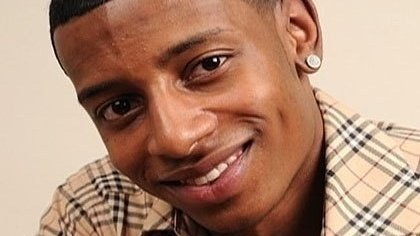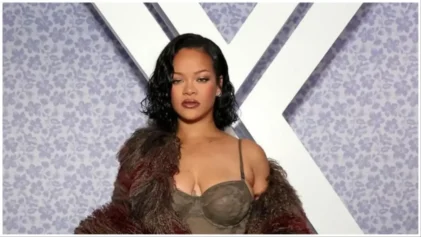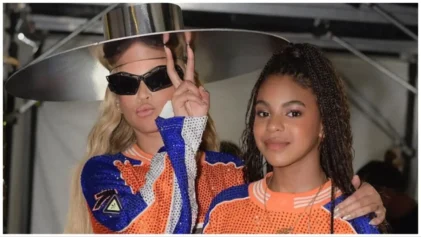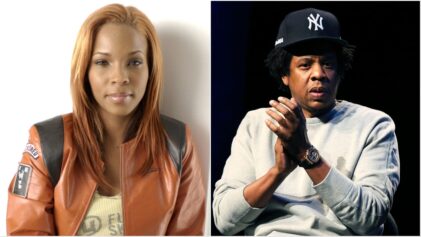Nearly a decade after he was shot and killed by a white police officer, a group of A-list celebrities are calling on the Department of Justice to reexamine the death of 20-year-old Black Pace University student Danroy “DJ” Henry.
In a letter sent to U.S. Attorney General William Barr on Monday, July 13, celebrities, including Jay-Z and Rihanna, are asking the AG to probe the case for potential police misconduct and if a pattern of discrimination led to Henry’s killing, according to PageSix, which first reported the letter.

“The facts of this case reek of local conflict of interest, racial bias, and even false testimony. Justice it appears has been denied,” states the letter, which was also signed by Mary J. Blige, Odell Beckham Jr., Taraji Henson, Charlize Theron, Gabrielle Union, Kerry Washington, Michael Williams, and Pharrell Williams.
Danroy Henry Sr. told PageSix his family is thankful for the support. “We appreciate that they’re sort of leaning into the moment and that they’re willing to stand behind us on this really important matter,” he said.
The letter comes amid renewed efforts toward police reform following a spate of high-profile cases in which Black people have been shot and killed by law enforcement. A Change.org petition was created last month to reopen the case. The deadly confrontation unfolded as officers responded to a bar in Westchester County, New York, on Oct. 17, 2010. An unarmed Henry, 20, was in his car with two other friends when an officer knocked on his window.
Police said Henry then drove away, hitting an officer who stepped in front of the car, tossing him atop the roof — a claim the Henry family attorney has disputed, arguing the officer, Aaron Hess, fired through the windshield at Henry, who was slowly driving. A passenger in the car with Henry told investigators they thought officers wanted them to move the vehicle,” according to The Boston Globe.
A second officer, Ronald Beckley, fired his weapon at Hess, who he said was the aggressor, but he later changed his statement. According to a deposition obtained by Patch, Beckley also revealed Hess mounted the car rather than being hit by the car as he was shooting.
The Henry family attorney Michael Sussman told CBS News that Beckley arrived on the scene that night and fired his weapon at Hess. “He sees a person, as he described it, in dark clothing, jumping on a vehicle, and he takes out his weapon, and he fires a shot because he sees the person jumping on the vehicle as the aggressor,” Sussman said.
“That person was mounting that vehicle as he was firing,” Beckley reportedly told Sussman, who deposed Beckley as part of a civil suit filed against Hess and the Village of Pleasantville, where the shooting occurred, according to Patch.
Hess has maintained he thought his life was in danger when he shot into Henry’s car and said race was not a factor because he couldn’t see through the windshield, People reported. In 2011, a grand jury declined to indict Hess in the case, and in 2015, the U.S. Attorney’s Office decided not to bring federal civil rights charges against the officer.
In 2016, Henry’s family settled a lawsuit against the Village of Pleasantville and Hess for $6 million. In a separate lawsuit, Henry’s parents settled with the town of Mount Pleasant for a $250,000 charity contribution in their son’s honor and a public apology.


